| University bachelor degree certificate: | Engineering sciences, technologies, mathematical sciences, computer sciences, physical sciences, life sciences or agricultural sciences OR social sciences, law, business and public management and ≥ 20 credits of completed subjects in the study fields of engineering sciences, technologies, mathematical sciences, computer sciences, physical sciences, life sciences or agricultural sciences. |
| Proficiency in English: | IELTS ≥ 6.0, TOEFL ≥ 85, CEFR ≥ C1, or previously completed studies in english language. |
| Transcript requirements: |
Obtain a suitable transcript of your bachelor's degree from your school.
If unavailable, provide official translations and verified copies of the original documents. |
| Accepted languages: | English |
| Document legalisation: |
The documents must be legalised (Apostille) by the Ministry of Foreign Affairs of the country where the documents were issued.
This requirement does not apply to the documents issued in the EU and Belarus, Ukraine. |



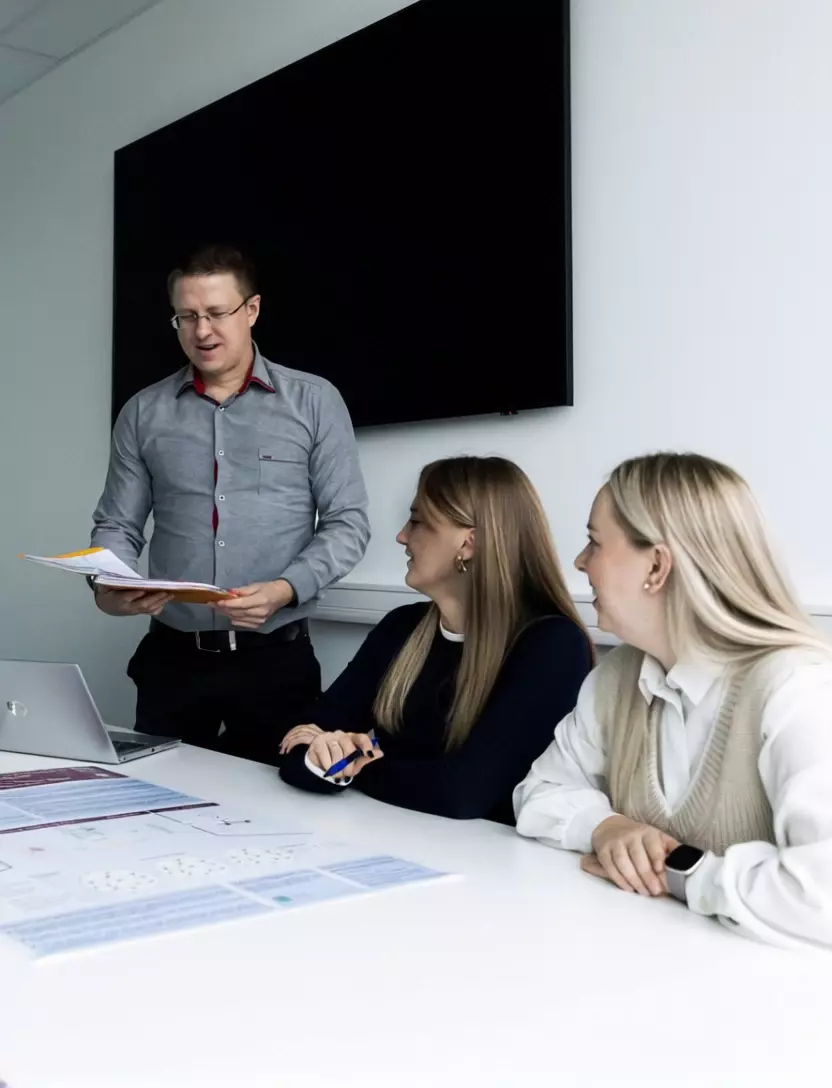

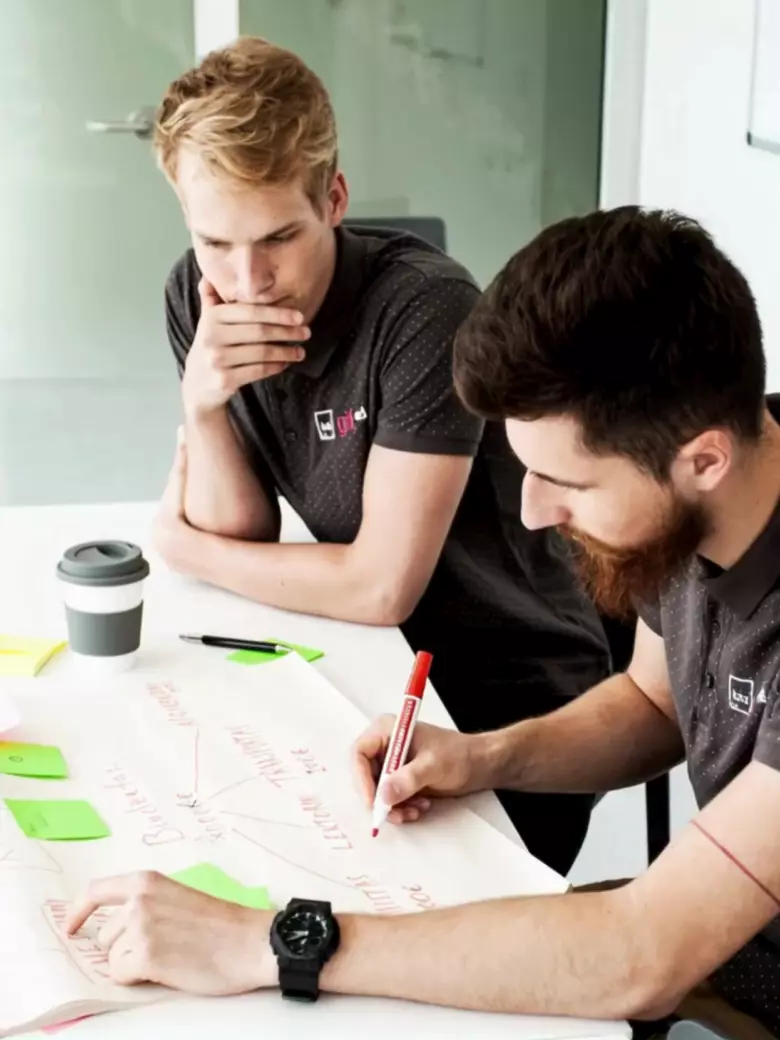
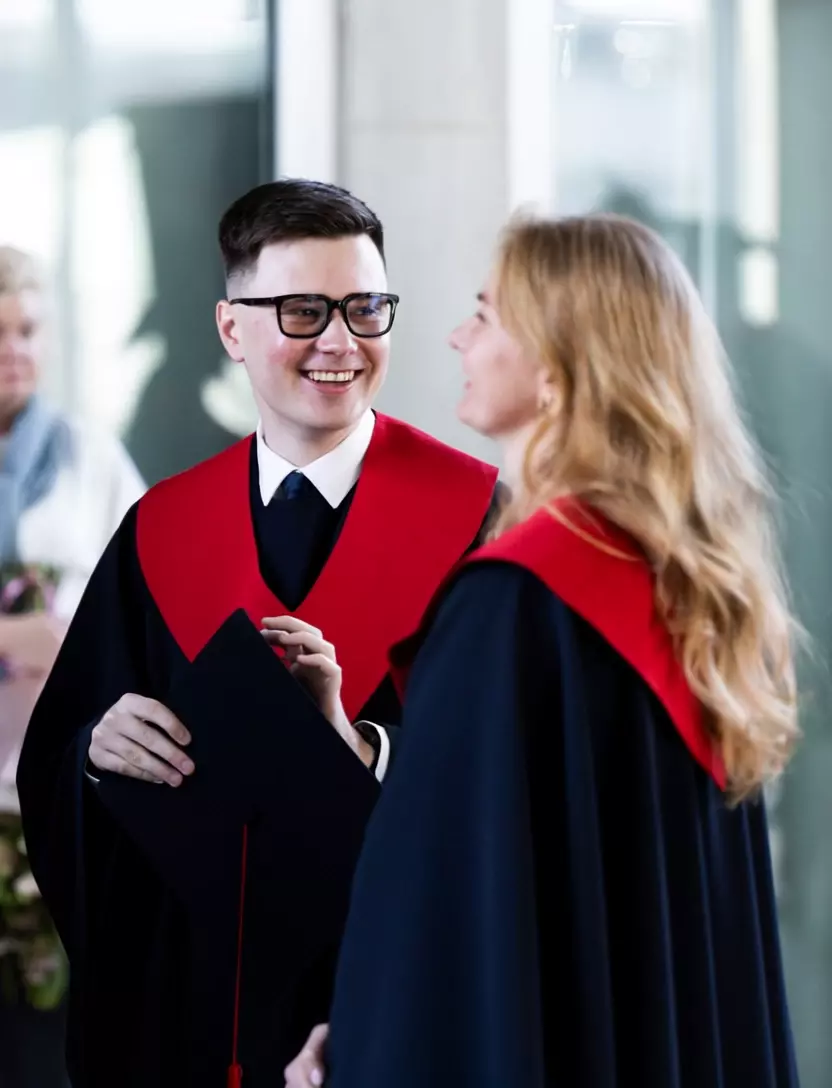
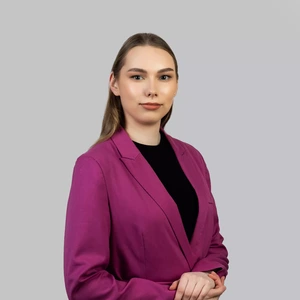
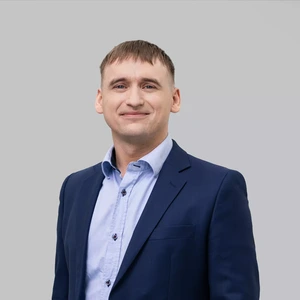

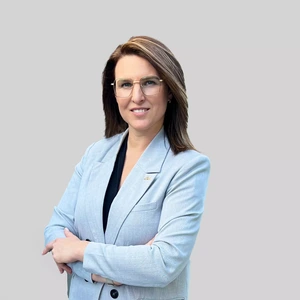

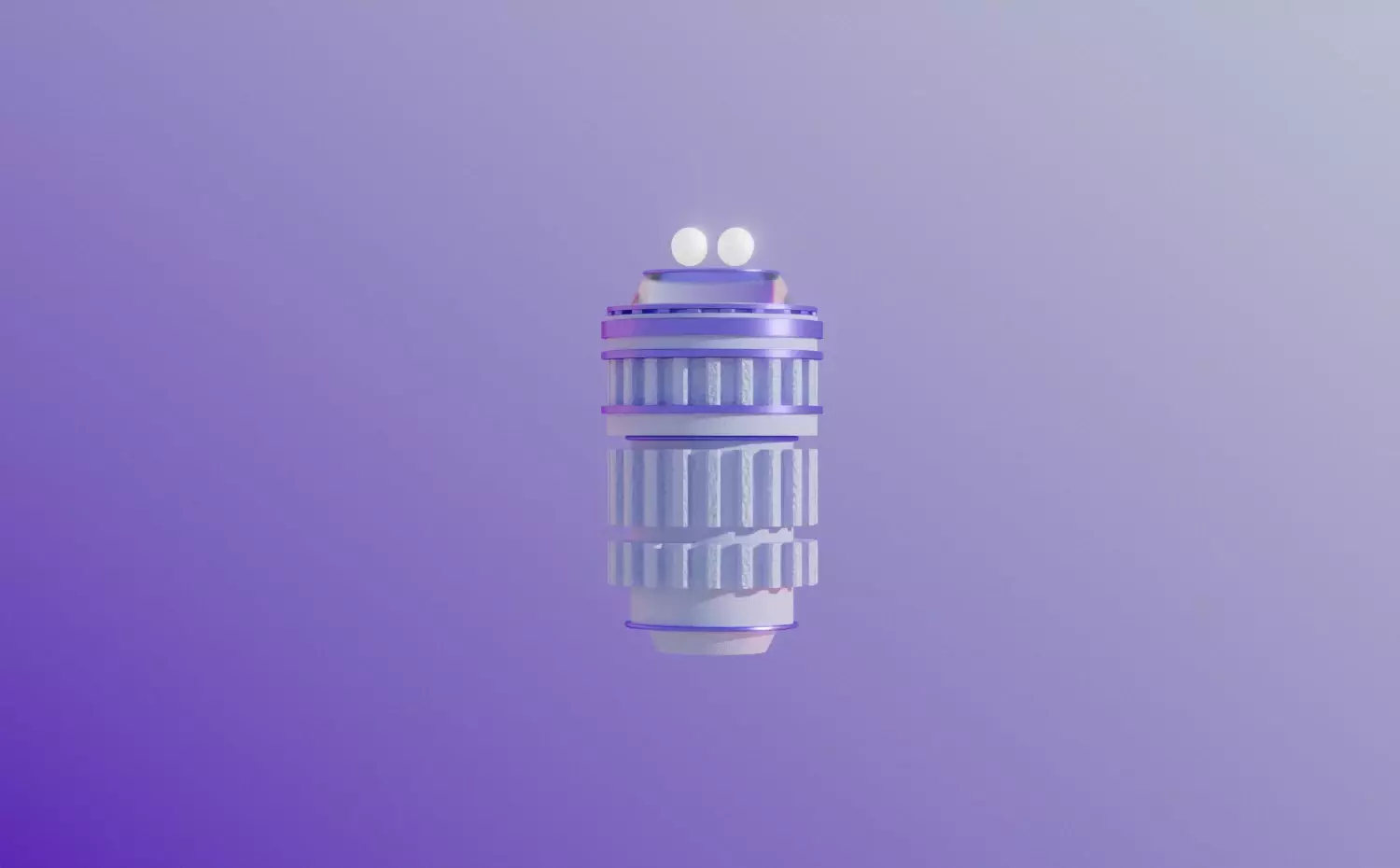
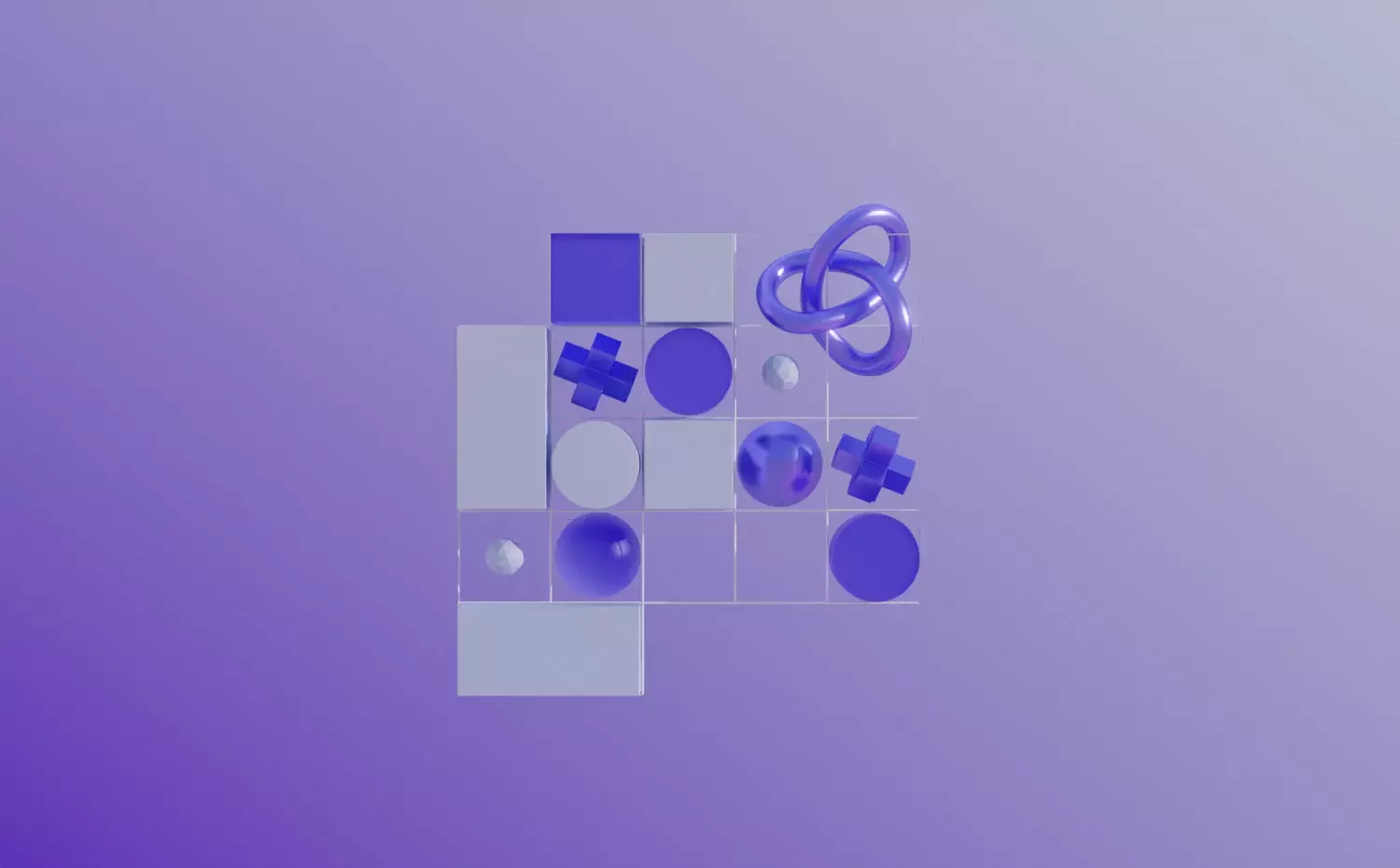
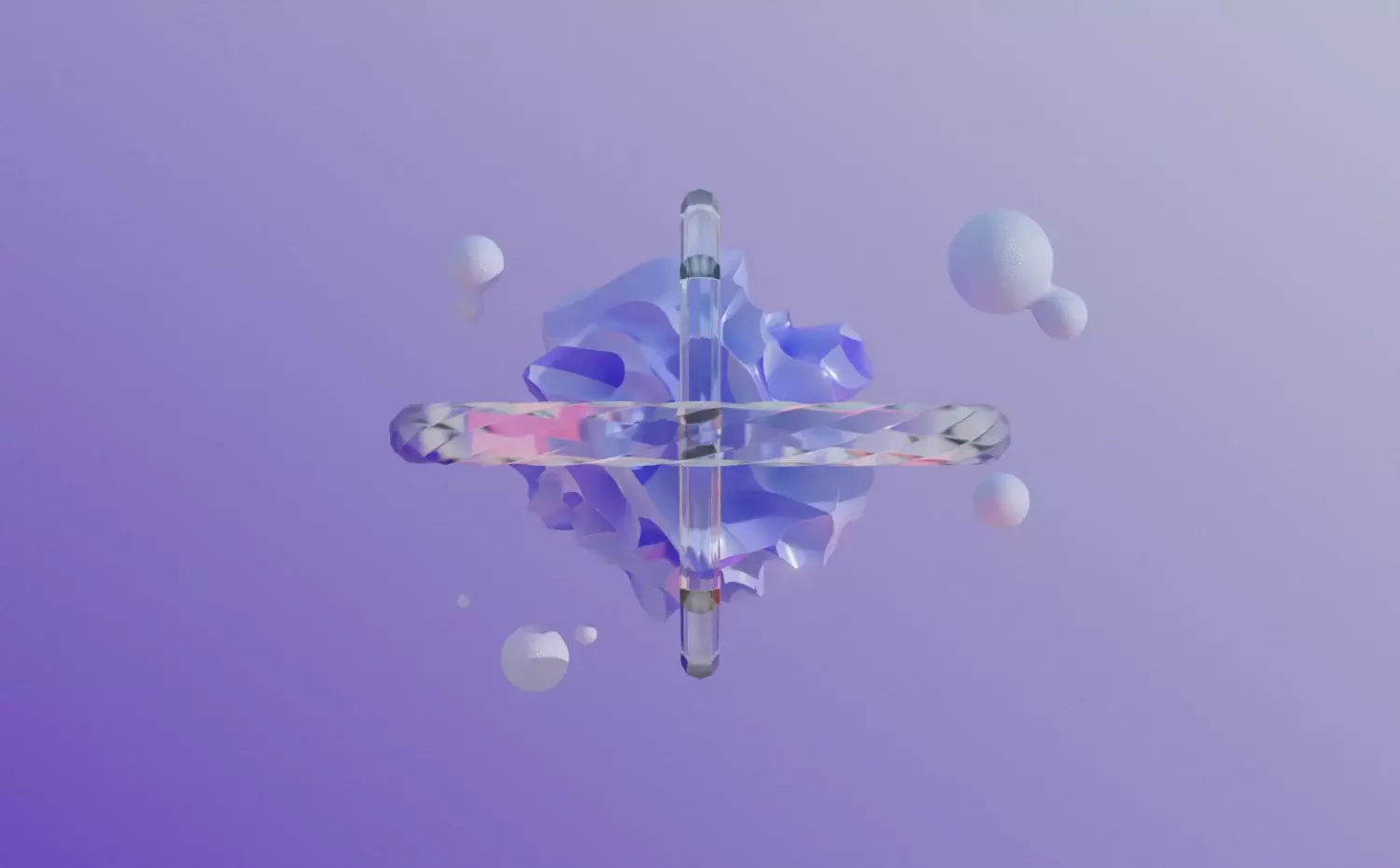

 virtual tour
virtual tour